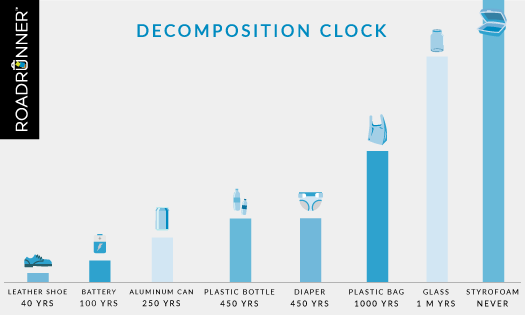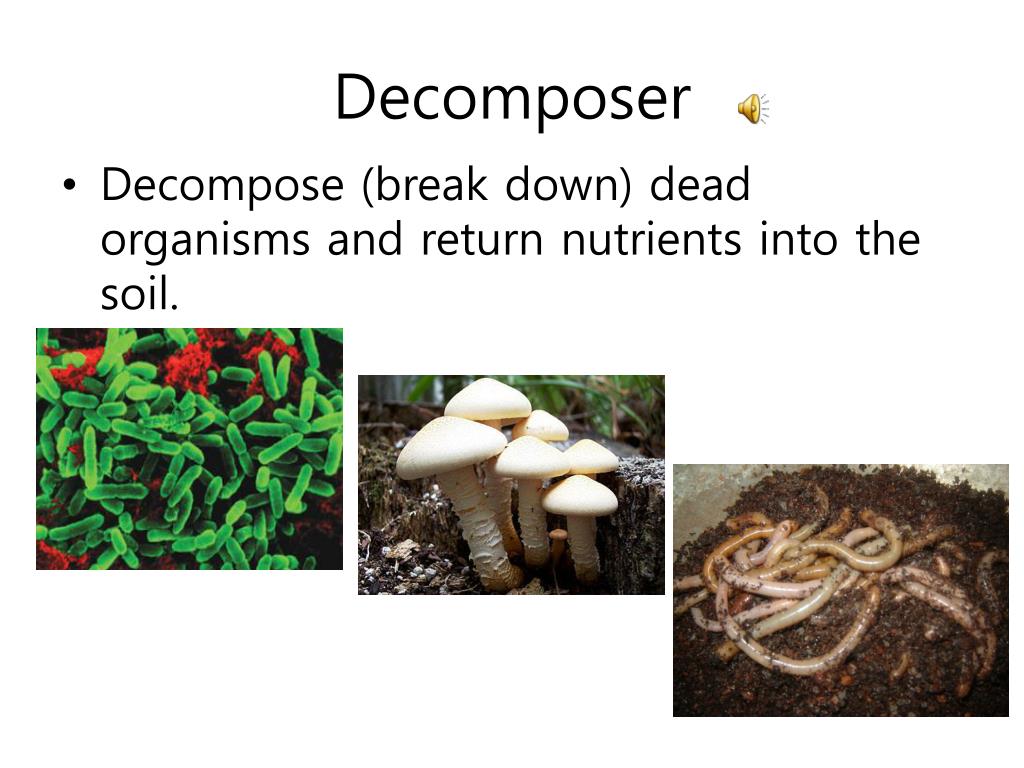
Moreover, data on glass recycling are difficult to find, partly because most countries are not reporting what they are doing. The glass-container industry has set itself a target of collecting 90% of all waste container glass in the EU by 2030.īut other countries are not where they need to be. As a result, new glass made in the European Union already contains some 52% recycled material. Three-quarters of glass used for containers such as bottles is collected for recycling across all 27 member states and the United Kingdom. Researchers could study how Europe’s recycling scheme came about, its strengths and weaknesses and whether there are lessons for other countries. When it comes to glass recycling, Europe is the world’s most advanced region by some margin, and has ambitions to be even better.


Furthermore, glass is heavier than plastic, so using it as a replacement will probably add to transport costs and emissions, and that, too, needs to be understood.Ĭoncrete needs to lose its colossal carbon footprint For example, governments will need to know the monetary cost of boosting systems for glass collection and recycling, so that they can allocate appropriate resources. Some questions will need further research. But flat-glass cullet can be used to make more flat glass. So it’s not possible to melt down jam jars to get a window pane.
DOES GLASS DECOMPOSE WINDOWS
The type of glass used to make windows - known as flat glass - cannot contain impurities, unlike glass used in many other applications. According to the European Container Glass Federation (FEVE), an industry group based in Brussels, 10% more cullet in a furnace lowers CO 2 emissions by 5% compared with making glass entirely from raw materials.Īs with most forms of recycling, some caveats apply. And furnaces don’t have to burn so fiercely to melt glass as to melt the raw materials, offering further carbon savings. When cullet is melted, no CO 2 is released. But some of these materials can be replaced with crushed recycled glass, known as cullet.

The remaining emissions are a by-product of the chemical reactions between the raw materials. This heat comes from natural gas, and it accounts for between 75% and 85% of the carbon emissions from glass manufacturing. Glass is made by heating limestone, sand and soda ash to 1,500 ☌. What needs to happen is for countries to stop sending glass to landfill sites, and to make glass recycling mandatory.Ĭhemistry can make plastics sustainable – but isn’t the whole solution But most of this can be eliminated when glass is recycled, and existing technologies could turn glass manufacturing into a mostly carbon-free process. Worldwide, glass manufacturing produces at least 86 million tonnes of carbon dioxide every year. But glass is an existing material that could be the star of a net-zero carbon economy. The push to cut plastics use is accelerating the search for new materials, especially for containers that can hold liquids. Why, then, are most countries - with the exception of those in Europe - still burying most of their glass as landfill by the tonne? In 2018, the United States alone offloaded almost 7 million tonnes of glass into landfill sites, accounting for 5.2% of all solid municipal waste, according to the US Environ-mental Protection Agency.

Glass can be recycled infinitely without losing any of its properties. Workers sort out glass for recycling following an August 2020 explosion that damaged more than half of Beirut.


 0 kommentar(er)
0 kommentar(er)
